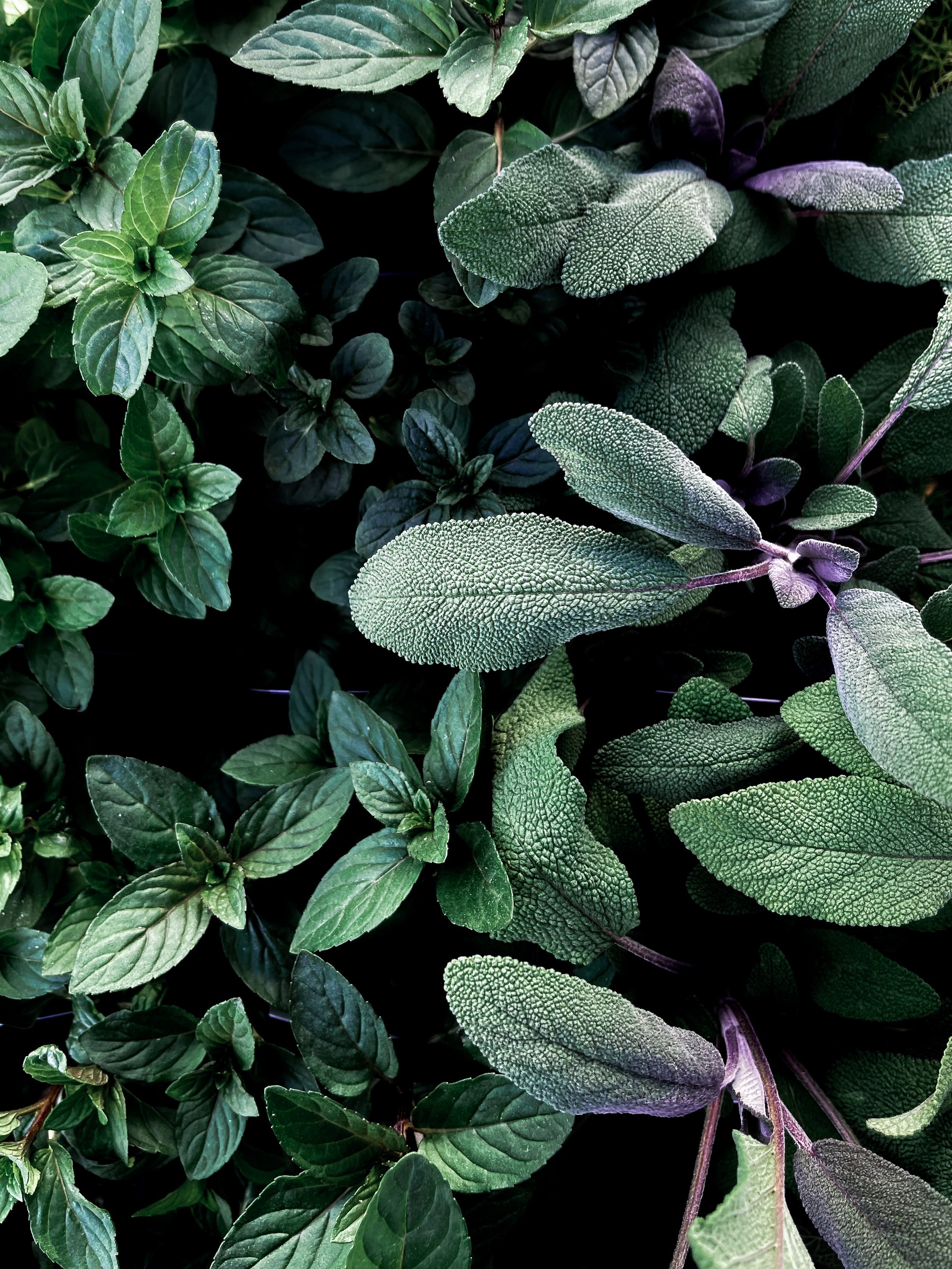Our Top 9 Herbs & Foods for Parasites
Intestinal parasites are very real and surprisingly quite common. In previous blogs, we discussed some of the symptoms of parasites, including nagging gut issues that won’t seem to go away.
So how do we get rid of them?
It’s not as straight-forward as just taking one of these products for a couple weeks to clear parasites. An anti-parasitic protocol must be done strategically, while focusing on the body’s terrain, the whole system, not just killing the bug. This is essential to any gut-healing protocol.
I want to clarify that you should NOT use these medicinal supplements without being under the care of a qualified practitioner to ensure proper use.
Anti-Parasitic Herbs
Black Walnut
Black walnut is a bitter anti-parasitic herb that’s commonly used to alleviate digestive disturbances and acts a vermifuge to expel intestinal worms. Black walnut is often used in combination with other herbs like wormwood and clove.
Garlic
Garlic is well known for its use in fighting colds and flus, but it’s also useful against yeast infections like candida, bacteria and parasite infections.
Berberine
Berberine is found in herbs such as goldenseal and barberry and has a long history in Chinese Medicine for its use in diarrhea. Berberine has anti-parasitic, anti-bacterial and blood sugar regulatory properties.
Oil of Oregano
Oil of oregano gets its powerful antimicrobial affects from the active ingredients carvacrol, thymol and rosmarinic acid. It’s different than oregano essential oil and can make a great addition to an anti-parasitic protocol. It also elicits anti-viral, anti-bacterial and anti-fungal affects and is useful for sore throats and respiratory tract ailments.
Mimosa Pudica
Mimosa Pudica is an herb with a long history in Ayurvedic medicine used for not just fighting parasites, but also uterine issues, fatigue, asthma and more. It can aid wound healing, soothe ulcers, alleviate constipation and diarrhea, improve joint pain and acts as an intestinal scrubber. It has anti-parasitic, anti-viral, anti-fungal and anti-inflammatory properties.
Mimosa pudica should not be consumed by women trying to get pregnant or while pregnant.
Wormwood
Wormwood, also known as Artemisia, is another commonly used anti-parasitic herb.
Cloves
Clove is an antimicrobial often used in anti-parasitic formulas to help kill parasites in all their forms.
Probiotics
Probiotics are beneficial bacteria that help strengthen the immune system and mucosal barrier in the gut in order to set up the internal environment to prevent and fight parasites and other infections.
Additional Binders
Oftentimes we use binders with our clients to support them during the detox process. While binders do not have anti-parasitic properties, they can be very helpful for avoiding die-off reactions that can make you feel sick during a detox. Binders can include substances like activated charcoal or modified citrus pectin, which grab onto toxins and pathogens to aid their elimination.
In addition to a guided supplement protocol, you can also use foods to help fight parasites!
Some of the best anti-parasitic foods include:
Garlic
Onions
Pumpkin seeds
Papaya seeds
Oregano
Thyme
Cloves
Apple cider vinegar
Coconut oil
Bone broth (for gut-healing properties and immune support)
It’s also crucial that we remove foods that contribute to inflammation and fuel the problem of parasites.
Lastly, testing is always recommended before beginning a parasite protocol. Our Comprehensive GI Map will give you a highly in-depth, accurate picture of what’s happening in your gut.
Healing the gut can take time, but it is possible!
Asher Kleiber
Registered Holistic Nutritionist™
Sources:
https://drjockers.com/mimosa-pudica-parasites/
The Encyclopedia of Natural Medicine by Michael T. Murray, ND & Joseph Pizzorno, ND





